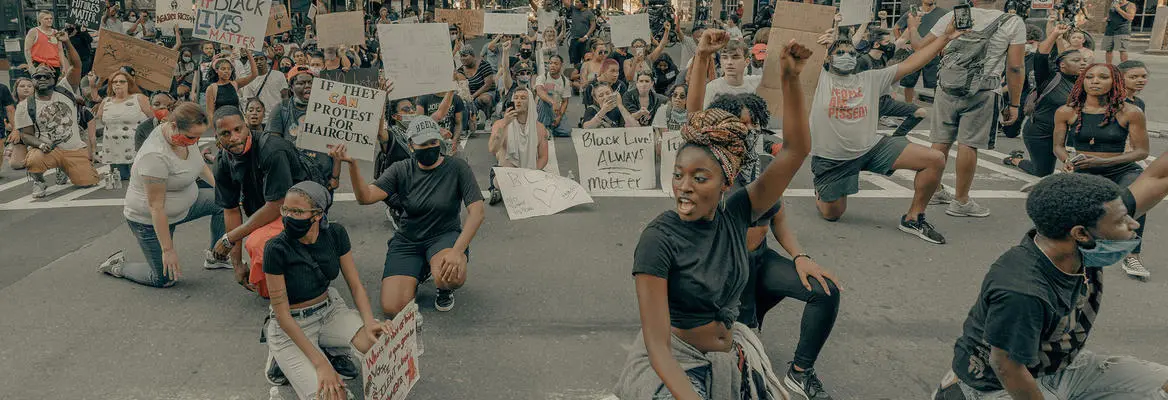In declaring 'Black Lives Matter' the speaking selves, not just the speech acts, are performative. In these acts, individuals seek to transform the value of their own lives, explains Judith Butler.
I am not sure that I would defend the thesis that the self is performative, although that position is sometimes ascribed to me. The reason for my hesitation is that the meaning of performative is highly contested, so I would want to wait and see which meaning of that term is in play when someone makes that claim. Further, I am fairly certain that whatever the self is, it is not exclusively performative. So though there may be performative dimensions of selfhood, it would be too general to claim simply that the self is performative and that is the end of the story.
I notice that very often “performative” is used with the adjective “merely” so that when we hear that someone has taken a stand and that it is merely performative, we are meant to understand that this is a gesture of some kind, but surely not substantive. I am not sure why gestures are not substantive (I think Brecht would argue that they are), but the “merely performative” is itself, well, a gesture which is meant to discount or devalue whatever is being described.
Though there may be performative dimensions of selfhood, it would be too general to claim simply that the self is performative and that is the end of the story.
Sometimes people say that a claim or assertion is “performative” and they mean that it is a show and certainly does not represent the true or reliable intentions of the speaker. Or they mean that something is fake. A synthetic substance is performative insofar as it acts like a natural one, but is not really natural.
These operations of ordinary discourse are surely circumscribed within certain life-worlds, cultural spaces, and historical moments. In the past, perhaps it would have been said simply that somebody was putting on an attitude, saying something for show, or simply performing something, but not really meaning it. These modes of speaking rely on a term, “performative”, that is derived from speech act theory, probably most importantly the work of J.L. Austin, but my wager is that those who use the term in the above mentioned ways have not read Austin very closely.
SUGGESTED VIEWING Paul Mason | In-depth Interview With Paul Mason
They’re interested in echoing a contemporary usage without finding out where the term came from or how it travelled through the work of Derrida, Searle, Sedgwick, Felman, or legal theory or even theatre and performance studies. The list is actually very long, but the contemporary usage seems to run counter to the intricacies of academic debate, and might even be said to be an anti-academic usage. Or, rather, it is an anti-academic deployment of the term that has an academic ring to it. In that sense, the use of the term “performative” is, well, performative in the sense that the non-academic usage intends.




















Join the conversation